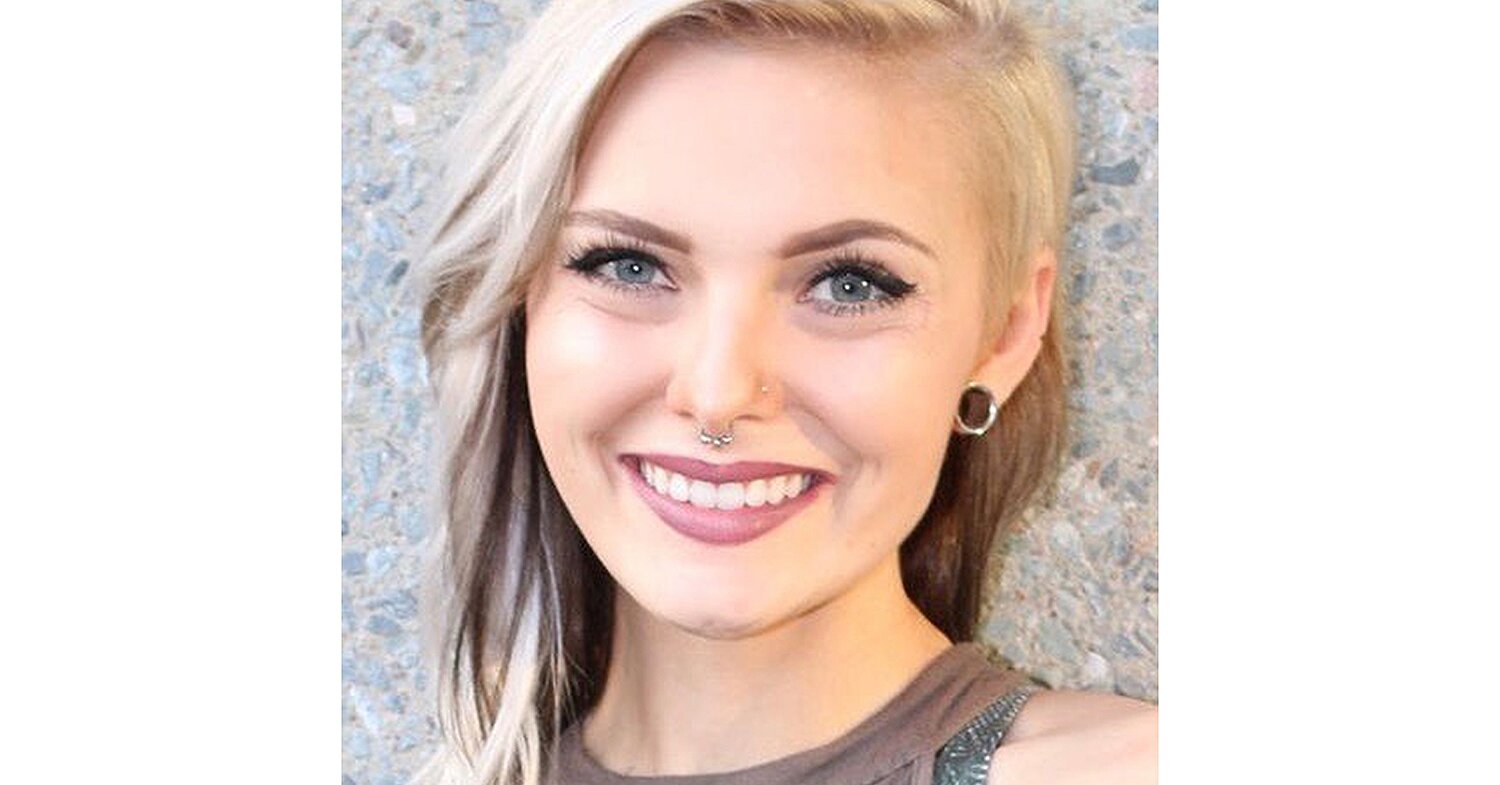Before Daisy Coleguy’s suicide death on Tuesday, she had been harassed and harassed through a man for months, People was told two friends of the 23-year-old.
Coleman, the subject of the 2016 documentary Audrie – Daisy, which focused on one component in her sexual assault report and the harassment she suffered. She later became a prominent advocate for survivors of a sexual assault.
One friend, whose People identity is hidden, said: “All the media accuses her of suicide for her rape, they know she lived so long before her suicide and blame this guy for harassing her.”
“She’d kill herself before letting that guy kill her,” the friend says.
Another Coleman showed people that Coleman feared for his life before his death.
THE GENS saw the messages Coleman posted on Twitter and Facebook that were visual to his followers. She wrote that police were aware of her court cases of harassment and alleged harassment through the same man, which she said had happened since December.
But John Romero, the public data desk of the Lakewood, Colorado police department, told PEOPLE that Coleman did not record any reports until the day of his suicide. When rs arrived at his home for a wellness check, Romero said, Coleman logged a harassment and harassment report.
Romero told People that everything indicates Coleman died of a self-inflicted gunshot wound.
He died after the police left, following welfare.
PEOPLE remembers the boy’s first call that Coleguy said stalking her. Your identity may simply not be confirmed.
RELATED: Before her death at age 23, Daisy Coleman was looking for survivors of a sexual assault not to feel so alone.
On the day of his death, Coleman wrote a message on Twitter expressing concern about leaving his house to walk his dogs or move to work. She wrote that she did not eat or sleep well because she was so alarmed by the alleged harassment.
In a Facebook post before his death, Coleguy alleged that the guy had come to his house and knocked on his door. He also wrote that he thought he had checked to borrow the keys to his apartment and had tried to access his apartment directly.
In this Facebook post, Coleman wrote that he was temporarily looking for a new position to live to protect his own security.
“I was so scared I wanted to move,” her friend said.
RELATED: Daisy Coleman, appearing in a documentary about sexual assault on a young man, dies by suicide at 23
Coleman also stated in his messages that the alleged stalker had created new fake phone numbers to succeed in it and that he had posted his phone number on Craigslist, without his consent, by providing him with sexual acts for money.
She also posted a chain of text messages between her and the alleged stalker, noting that she first thought she was a lonely user who needed a friend.
“All of this is overlooked and it’s just heartbreaking, because she’s asking for help,” Coleman’s friend told PEOPLE.
Coleman made headlines for the first time when he was only 14. Missouri. (Barnett pleaded guilty to endangering a child because after the alleged attack, he threw intoxicated and subconscious Coleman through the doors of his house, where she lay lying for 3 hours, dressed only in yoga pants and a T-shirt at sub-zero temperatures. Barnett sentenced to two years’ probation).
Coleman struggled bragably with her sanity after that and she continually attempted suicide. But things began to change when it brought as its main theme Audrie-Daisy, who focused on her case, as well as Audrie Pott of California, a 15-year-old sexual assault victim with a similar story.
Want to keep up with the latest criminal policy? Sign up for PEOPLE’s True Crime loose newsletter for the latest crime news, ongoing trial policy, and intriguing details of the unsolved case.
In 2017, Coleman, who also worked as a stylist and tattoo artist, continued his advocacy of survivors through the co-founding of the student organization SafeBAE, which aims to end sexual assault among high school and senior students.
Along with other SafeBAE executives, Coleman, on the importance of consent, also encouraged intervention on the ground and lobbied for federal Title IX protections for students.
If you or know you have been sexually assaulted, please call the National Sexual Assault Hotline at 1-800-656-HOPE (4673) or move to online.rainn.org.
If you or know you are making plans to pursue suicide, contact the National Suicide Prevention Line at 1-800-273-TALK (8255), send “STRENGTH” to the crisis line at 741-741, or move to suicidepreventionlifeline.org.

